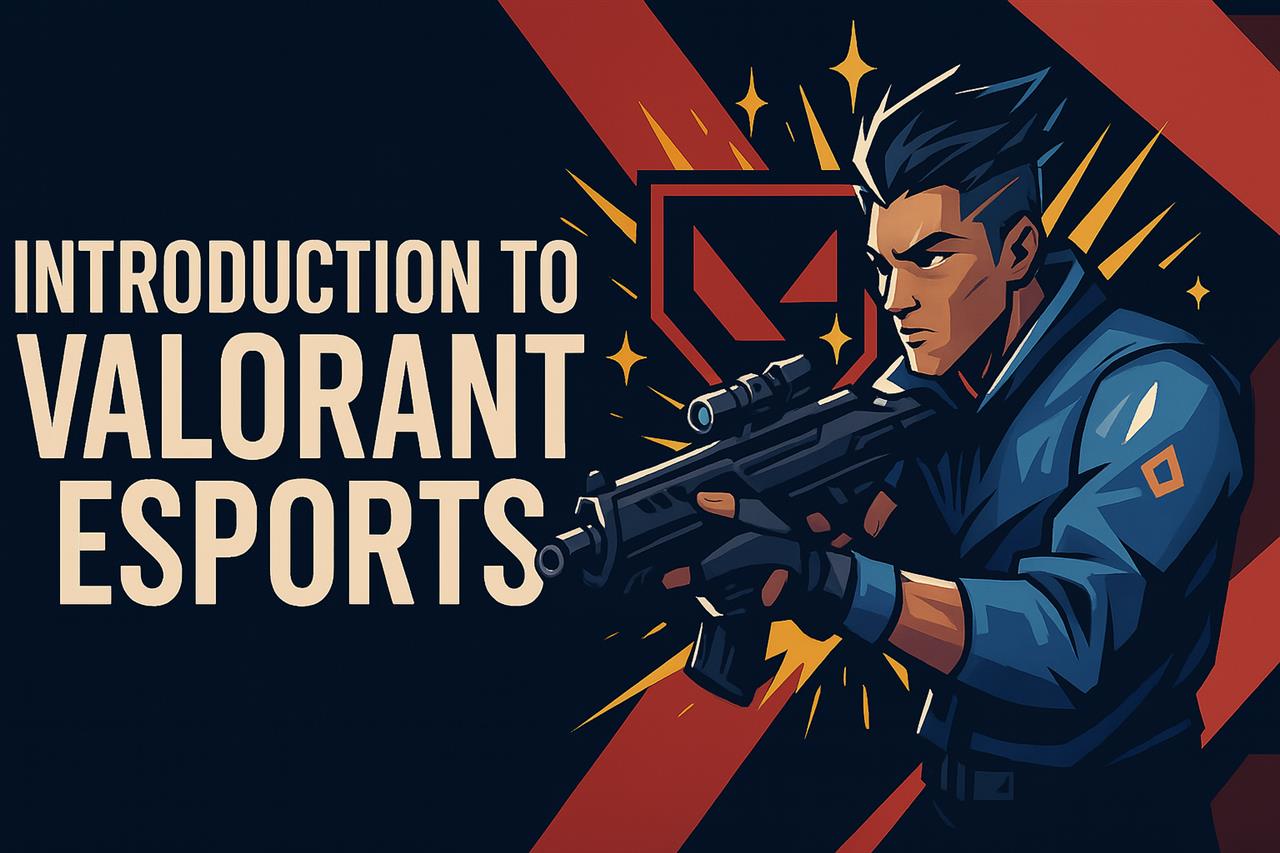Introduction to Valorant Esports

Since its official launch in 2020, Riot Games’ tactical shooter Valorant has rapidly emerged as a major force in the world of esports. With a perfect blend of strategic depth, high-skill gameplay, and a growing competitive scene, Valorant esports has captured the attention of millions of fans globally. As competitive Valorant continues to develop, it is shaping the future of first-person shooter (FPS) esports.
The Competitive Structure
Valorant esports operates through multiple competitive tiers, with both official and community-run events. Riot Games has meticulously crafted a professional scene under the banner of the Valorant Champions Tour (VCT), which has become the central pillar of high-level Valorant play.
Valorant Champions Tour (VCT)
The VCT is the flagship tournament series for Valorant, structured in three main stages: Challengers, Masters, and Champions.
Challengers
This stage serves as the entry point for aspiring professional teams. Regional competitions determine which squads advance to the next level. Teams compete over several weeks in a circuit-style format for qualification points and a place in the prestigious Masters events.
Masters
Masters events bring together the top teams from global regions to compete on an international stage. These tournaments not only offer prize money but also determine qualification slots for the end-of-year Champions event. Masters events are crucial for teams hoping to cement their legacy and gain worldwide recognition.
Champions
The season concludes with Valorant Champions, a tournament featuring the best teams from around the world vying for the title of world champion. Champions is widely regarded as the most prestigious event in the Valorant competitive calendar, wrapping up the season and showcasing the pinnacle of professional play.
Game Changers
In addition to the VCT, Riot Games has introduced the Game Changers program - a competitive series designed to support and highlight marginalized gender identities in Valorant. It offers opportunities for women and other underrepresented groups to compete at a high level and receive greater visibility within the esports community.
Major Teams and Players
Many of the world's top esports organizations have fielded Valorant rosters, including Sentinels, Fnatic, DRX, LOUD, and Paper Rex. These teams have become household names for fans, attending global events and delivering thrilling performances regularly.
Individual players such as TenZ, Derke, aspas, and f0rsakeN have also become stars in their own right, known for their high-impact plays and unique styles. The blend of mechanical skill and tactical intelligence displayed by these athletes is a key factor behind Valorant's popularity as a competitive title.
Impact and Growth
Valorant’s esports scene has seen tremendous growth due to Riot Games’ focused support and community engagement. Broadcasts are available in multiple languages, events regularly reach peak viewership numbers in the millions, and the game’s strong emphasis on competitive integrity continues to build trust among fans and players alike.
Content Creation and Community
Beyond the competitive matches, content creators, analysts, and streamers have helped cultivate a vibrant ecosystem around Valorant esports. Platforms like Twitch and YouTube serve as key avenues for fans to follow their favorite teams, watch highlights, and learn from experts.
The Future of Valorant Esports
Valorant esports is still evolving. With the game’s ever-expanding global reach, the competitive infrastructure will likely grow even more robust. Riot Games continues to explore new formats, regional leagues, and ways to integrate the community, ensuring that Valorant will remain a leading title in the competitive gaming world for years to come.
Whether you are a casual viewer or a dedicated player, Valorant esports offers thrilling gameplay, inspiring stories, and a passionate global community that shows no signs of slowing down.